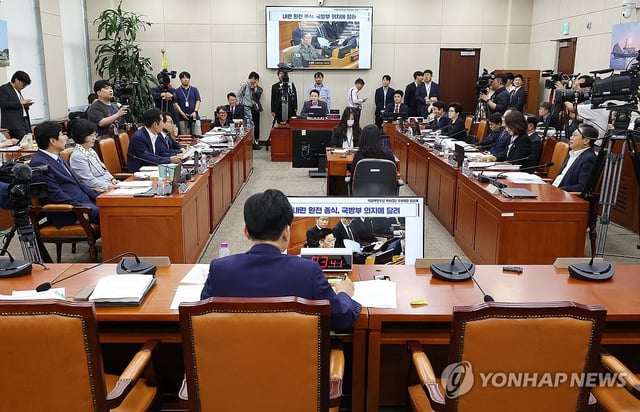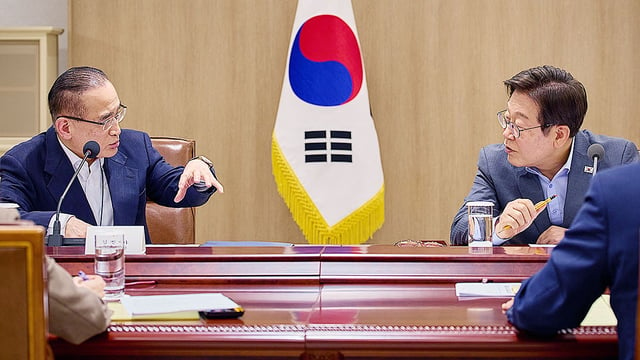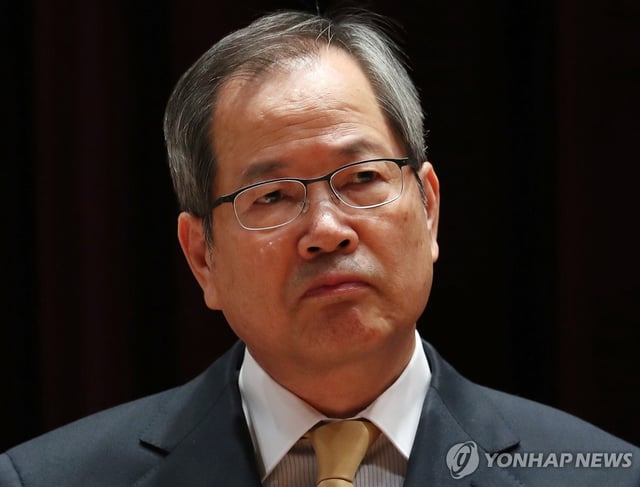Overview
- Chung rejected ‘main enemy’ labeling for North Korea, calling it a ‘threat’, and proposed restoring the suspended 2018 military-tension pact while considering renaming the Unification Ministry.
- Ahn pledged ‘strength-based’ deterrence paired with open dialogue channels and vowed to strengthen civilian control over the military following past martial law abuses.
- He set a goal of reclaiming wartime operational control from U.S. forces within President Lee’s five-year term, a timetable the presidential office described as his personal view with no official deadline.
- Ahn also vowed to deepen defense cooperation through the South Korea-U.S. alliance and trilateral security ties with Japan, extending partnerships to other regional and global allies.
- Both nominees must still win parliamentary approval as lawmakers scrutinize their reform agendas and the impact on alliance dynamics.



